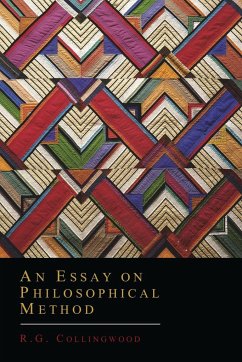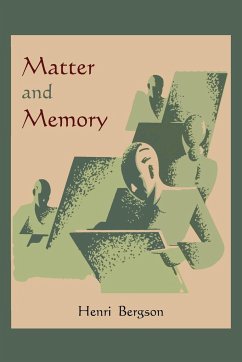
Degeneration
Versandkostenfrei!
Versandfertig in 1-2 Wochen
31,99 €
inkl. MwSt.

PAYBACK Punkte
16 °P sammeln!
2014 Reprint of 1895 Edition. Full facsimile of the original edition, not reproduced with Optical Recognition Software. "'Degeneration' is one of the most important documents of the fin de siècle, the years between the 1880s and 1900 when the robust views of the nineteenth century clashed with the heightened sensibilities of a searching and disillusioned generation."--George L. Mosse. In "Degeneration" Max Nordau attacks so-called degenerate art and comments on the effects of a range of social phenomena of the period, such as rapid urbanization and its perceived effects on the human body. Nor...
2014 Reprint of 1895 Edition. Full facsimile of the original edition, not reproduced with Optical Recognition Software. "'Degeneration' is one of the most important documents of the fin de siècle, the years between the 1880s and 1900 when the robust views of the nineteenth century clashed with the heightened sensibilities of a searching and disillusioned generation."--George L. Mosse. In "Degeneration" Max Nordau attacks so-called degenerate art and comments on the effects of a range of social phenomena of the period, such as rapid urbanization and its perceived effects on the human body. Nordau begins his work with a 'medical' and social interpretation of what has created this Degeneration in society. Nordau divides his study into five books. In the first book, Nordau identifies the phenomenon of fin de siècle in Europe. He sees it as first being recognized, though not originating, in France, 'a contempt for the traditional views of custom and morality.' He sees it as a sort of decadence, a world-weariness, and the willful rejection of the moral boundaries governing the world. He uses examples from French periodicals and books in French to show how it has affected all elements of society. Nordau also accuses society of becoming more and more inclined to imitate what they see in art. He sees in the fashionable society of Paris and London that "Every single figure strives visibly by some singularity in outline, set, cut or color, to startle attention violently, and imperiously to detain it. Each one wishes to












